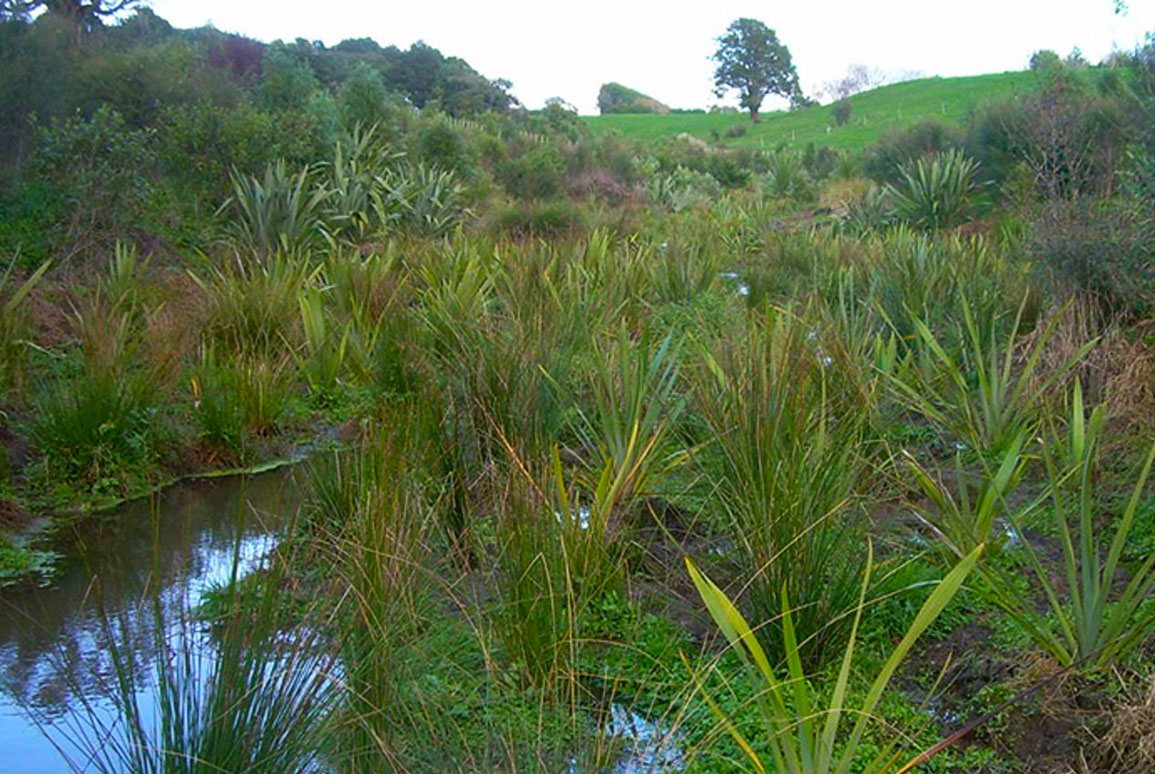Action for Healthy Waterways: What You Need to Know
14 October 2019
The decades of land-use change and intensification is making itself felt in a degradation of one of the country’s prized assets — water.

The most recent report from LAWA shows some positive trends but also further degradation in some rivers for some water quality indicators.
In response to this nationwide situation, the Government has released a new ‘Action for Healthy Waterways’ agenda with the aim of improving current management of freshwater by changing legislation and regulation. The proposal has several elements including amendments to the Resource Management Act (RMA), a revised draft National Policy Statement for Freshwater Management (NPS-FM), a new draft National Environmental Standards for Freshwater (NES-FW) and a new draft Stock Exclusion Section 360 Regulations.
Perhaps the most notable change is a re-focus on our management to uphold Te Mana o te Wai, and to prioritise water in the decision making. The proposals provide several tranches of change by:
- Speeding up the implementation of freshwater regulations (amendment to RMA);
- Establishing policy direction to halt the decline in freshwater quality and quantity and to bring freshwater to a healthy state within a generation (NPS-FM);
- Raising the bar on freshwater ecosystem health with new attributes to protect threatened species and habitats (NPS-FM);
- Better managing stormwater and wastewater to stop matters getting worse; and
- Improving farming practices where needed to stop things getting worse and improving freshwater health in a generation.
These are unashamedly lofty goals, but the government believes that they are achievable. Accordingly, some of the proposed policy is clear and direct: no further loss of wetlands and streams; tighter controls on the loss of sediment to our waterways (especially from earthworks and development); and new standards on some farming activities in some regions or catchments.
Farming activities and practices will get a lot of attention in the new proposals. Those of us living in urban areas do not escape attention, but the actions required for urban freshwater improvements involve a more collective effort through the regulatory bodies.
RMA Amendments
The RMA Amendment Bill was introduced to parliament on 23 September 2019. It seeks to make numerous changes to the RMA, many of which are focused on repealing some of the changes made in 2017. The Bill aims to:
- Repeal the collaborative plan making process;
- Enable the appointment of a Chief Freshwater Commissioner;
- Requires all regional councils to notify a plan by 31 December 2023 to implement the draft NPS-FM; and
- Implement a new freshwater plan-making process.
The new freshwater plan-making process will involve the appointment by the Freshwater Commissioner of a decision-making panel for each freshwater plan.
NPS-FM
There will be no Board of Inquiry process supporting the preparation of the NPS-FM. The present consultation process is, therefore, effectively the only opportunity for public and business input. The Minister is taking advice from a number of advisory groups – Māori Freshwater Forum, Freshwater Science and Technical Advisory Group, Freshwater Leaders Group, and Essential Freshwater Regional Sector Group (regional councils). The Minister has also appointed an Independent Advisory Panel to consider submissions.
Timeline
The proposals are open for discussion and feedback until 31 October 2019. The discussion documents are available on the Ministry for the Environment’s website and submissions can be made online at: https://www.mfe.govt.nz/consultation/action-for-healthy-waterways
For further information, contact one of our Freshwater Ecologists below:
Dr Ian Boothroyd | Andrew Blayney | Dr Sharon De Luca | Dr Tanya Blakely

